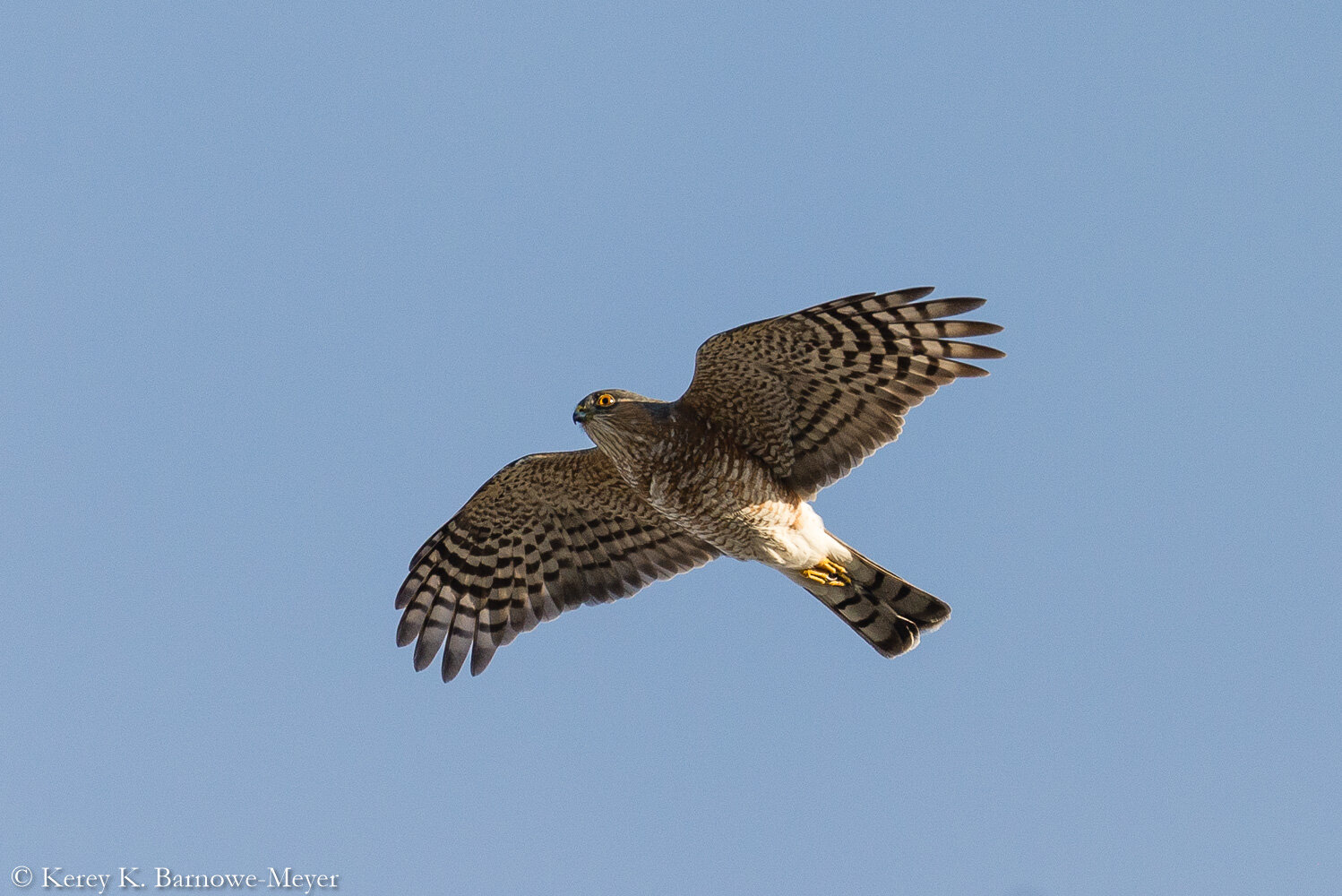
In many cases, a helping hand can do more harm than good.
Please do not approach wild animals that appear to be injured or abandoned.
Despite their apparent need for help, these animals are still wild and can severely injure you or themselves if approached or handled. Handling can also result in the transmission of disease in some cases. For your own safety as well as that of the animal, please leave injured or seemingly abandoned animals alone.
Young animals are often left for extended periods of time and may wander off while their parents gather food, resulting in many reports of “abandoned” wildlife each year. Young deer, squirrels, rabbits, and other species should be left undisturbed to allow the parent(s) to relocate and care for them. Young birds learning to fly are often found on the ground, during which time they are looked after and fed periodically by their parents until full fledging occurs. These birds can be placed back in their nest, if possible, but should otherwise be left where you found them to allow the parent(s) to relocate and care for them. If you have pets nearby, bring them inside for the day.
Similarly, not all animals that appear in distress are necessarily injured. Of those that are, some are likely to recover on their own. Even if the animal ultimately succumbs to its injuries, its body is likely to provide critical food for other animals in the area. Although emotionally difficult, the best practice is to allow injured animals to heal or die free of the added trauma of human contact.
The Wildlife Division does not provide regular wildlife capture or rehabilitation services for injured wildlife. However, in limited circumstances and when staff are available to do so, we can assist with capturing and transporting injured wildlife to appropriate professional care facilities. Washington State University’s Veterinary Teaching Hospital and private wildlife rehabilitation centers are often capacity-limited, however, and may not be in a position to receive certain types of animals.
Additional information regarding wildlife rescue can be found at the International Wildlife Rehabilitation Council and Animal Help Now.
